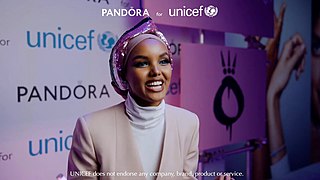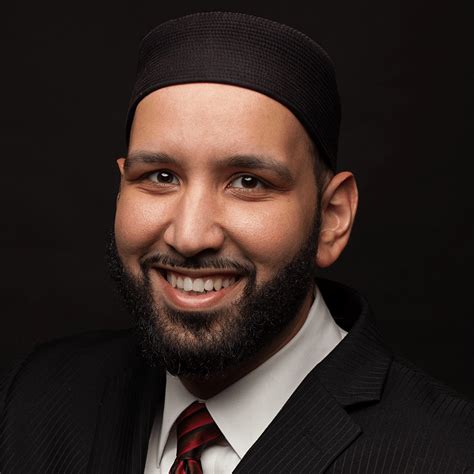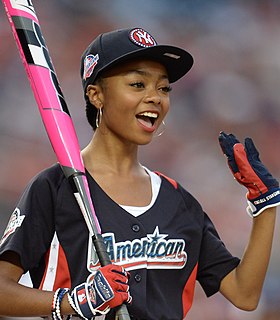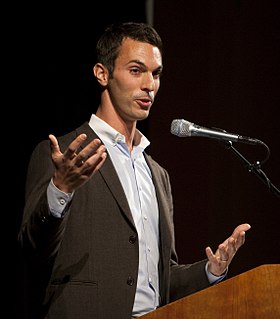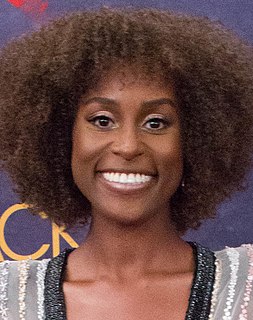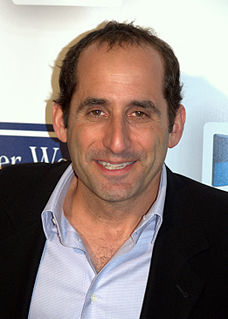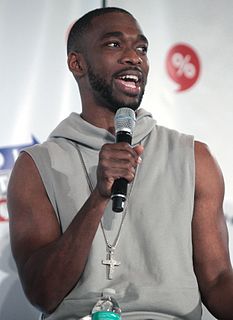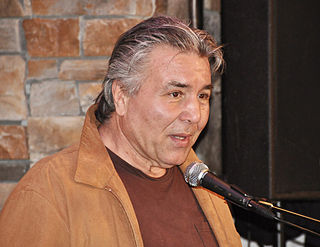A Quote by Halima Aden
A lot of people had a misconception that I would be the perfect poster child for Islam. So I got a lot of Instagram comments like, 'Oh, you don't have your neck covered, you're not a Muslim!' My thing is, stop judging women, especially if you're a man, because you don't know the responsibility that comes with wearing a hijab.
Related Quotes
You know, you have a lot of people - I've met a lot of people in the past, I've gone to private schools, you know, encountered different people who think that it's OK to make comments, insensitive comments about your race because they're joking. And think that if they're joking and they say it, you know, good-naturedly, that things will fly.
People would stop me in the street - my demographic tends to be the elderly Jewish women from Miami; I think they tend to fancy me as someone that would've been good with their daughter or something - and a lot of them will do the wrist-slapping thing. "Oh, you're a terrible man! Just terrible!" And I'm, like, "Well, it's just a show. I'm just playing a character."
When I got to the stage, it was like a release, you know what I mean? Because it was like, 'Oh, people like me. People like me. They're listening to what I have to say. They're not judging me on how I look; they're judging me on what I'm saying.' So to me, that's what's worth it, and that's what comedians have.
What helped me a lot is the fact that I have a very short neck. If I had a neck like a stack of dimes, you can bet I couldn't take a good shot. But the fact that I had a short neck and worked on it a lot (as opposed to most fighters who don't work on their neck muscles) definitely helped. I would stand on my head against a wall and move my head back and forth, side to side, for half an hour or so while talking on the phone.
I had a number of different labels. A lot of people assumed I was gay because I was wearing a man's suit, and one had to learn that it's OK, people will do that, and you don't always have to explain it one hundred percent, because they're never going to accept what your own interpretation is. It's all illusory.
I talk to a lot of women who have difficult times who are suffering. I really want women to be encouraged and to have hope because things can get better. Make good decisions, stop making bad ones, because we have to take responsibility too. But make good decisions and really the future will be a lot better for your kids - and yourself.
